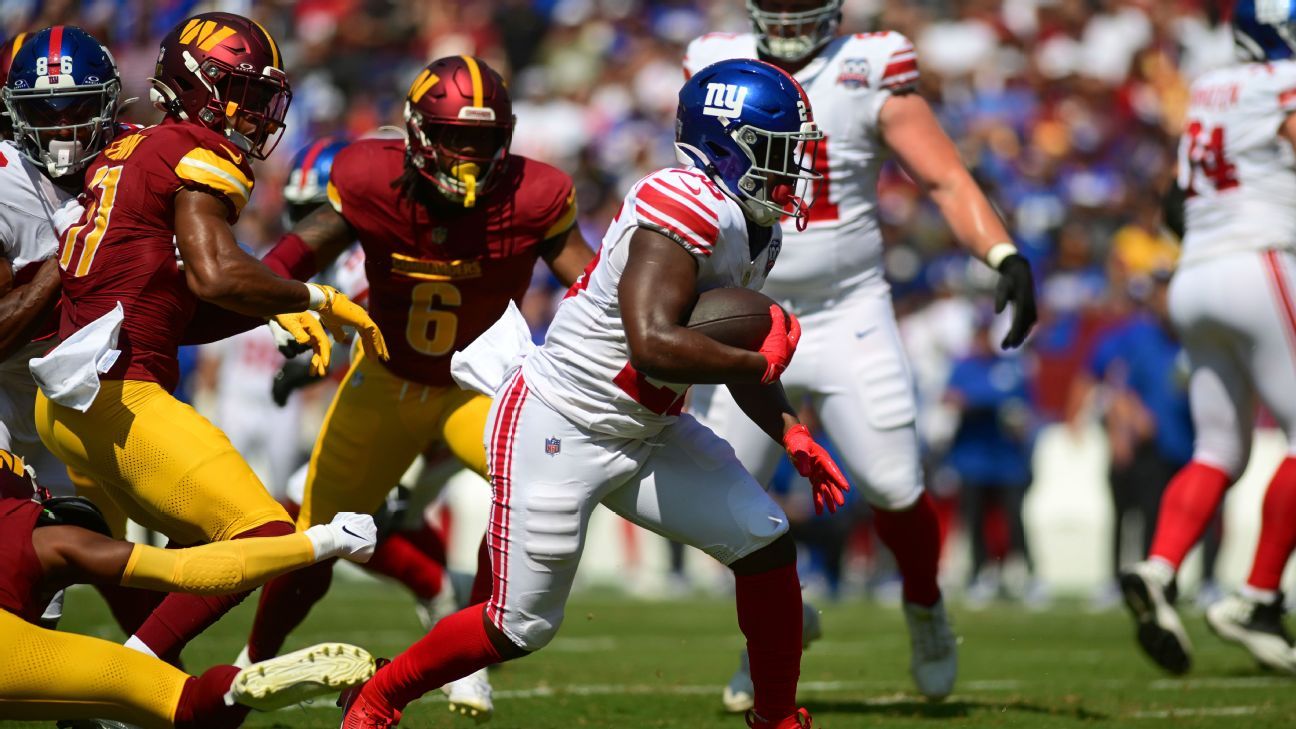Recently, the Supreme Court in the Snyder vs. United States case held that Federal anti-corruption laws prohibit bribes to state and local officials for actions they take but it was not a crime for these officials to accept “gratuities” they receive after the fact for their past acts. On June 26th the Supreme Court in a 6-3 decision reversed the judgment of the U.
S. Court of Appeals for the Seventh Circuit. The decision, written by Justice Kavanaugh, concerned a case in which the mayor of Portage, a city in northwest Indiana with a population of 38,000, was found guilty of accepting a $13,000 check from a truck company for supposed consulting services he rendered to the company when it was awarded contracts worth $1.

1 million from the city for five new garbage trucks. In a very narrow reading of the relevant statute, a majority of the justices, consistent with their concerns about overregulation and creeping federalism, opted to make a bizarre distinction between local and state governmental officials accepting a bribe vs. gratuity.
If one simply looks at what the statute says, it clearly covers local officials who corruptly accept all rewards, regardless of when they received it, in connection with official business. Let’s review what went down with regard to former Mayor James Snyder in Portage, Indiana. Justice Jackson wrote the following in her dissenting opinion.
“As mayor, Snyder and his appointees sat on the Portage Board of Works and Public Safety, the entity that managed public bidding on city contracts. Snyder put one of his friends, Randy Reeder, in charge of the bidding process, despite Reeder’s lack of experience in administering bids. Evidence presented at Snyder’s trial showed that Reeder tailored the bid specification for two different city contracts to favor Great Lakes Peterbilt [GLP], a trucking company owned by brothers Robert Buha and Stephen Buha.
” “Reeder testified that he crafted some specifications, including delivery within 150 days, knowing they would favor GLP. The board of works voted to award GLP the contract. Evidence at the trial showed that the city could have saved about $60,000 had it not prioritized expedited delivery” “In January 2013, the manager of GLP asked Reeder whether the city might want to buy another truck – an unused 2012 model that had been sitting outside on the dealership’s lot over two winters.
Snyder first tried to buy the trucks outright, but Portage’s city attorney informed him he had to go through the public bidding process...
Reeder again tweaked certain specifications to favor GLP – this time to help it move the older truck sitting on its lot. The board of works voted to award GLP this contract too. Together, the two contracts that GLP won totaled some $1.
124 million.” “Shortly after the second contract was awarded, Snyder paid the Buha brothers a visit at their dealership. “I need money,” he said.
He asked for $15,000, the dealers gave him $13,000.” Snyder contended initially that the check was for information technology and health insurance consulting services he provided to the dealership. “Employees at GLP testified that Snyder never performed any consulting work for the dealership.
” During the federal investigation, no written agreement, work product, evidence of meetings, invoices or other documentation was ever produced relating to the consulting work performed by Snyder.” This was a clear shakedown that was extremely detrimental to the public good. The reference in Justice Kavanaugh’s opinion to concerns that the existing statutes did not make a proper distinction between “obviously benign” gratuities and corrupt rewards is a “red herring.
” This was not a case of a trash collector receiving a $25 gift card from a thankful homeowner for being conscientious or a teacher or county commissioner receiving a fruit basket at Christmas from parents or from a firm that does business with the county. I don’t want to see a teacher prosecuted as a criminal for accepting a bouquet of flowers or a small gift card from appreciative parents or a public works employee punished for accepting a small gift at Christmas. There is a clear distinction between a token gift and a $13,000 kickback, nineteen flights on a private jet, a vacation in a villa in the Dominican Republic, and three nights at a five-star hotel in Paris.
What I’m sick and tired of is seeing corrupt public figures like Mayor James Snyder, New Jersey Senator Robert Menendez and former Virginia Governor Bob McDonnell avoiding conviction because our legal system is unable or unwilling to recognize corruption by government officials when it’s obvious to the rest of us. It’s time for the courts to view political corruption in the same way that most of us judge pornography – we know it when we see it. If the courts continue to not take public corruption seriously it will proliferate if more and more corrupt officials caught in the act beat the rap.
Does anyone really think it is a good idea to allow elected officials/government employees to accept significant financial gratuities, luxury vacations or loans from a private citizen or corporation for so-called “unofficial” actions while they hold public office? That seems to me to be opening Pandora’s Box. Irwin Stoolmacher is president of the Stoolmacher Consulting Group, a fundraising and strategic planning firm that works with nonprofit agencies that serve the truly needy among us..



















